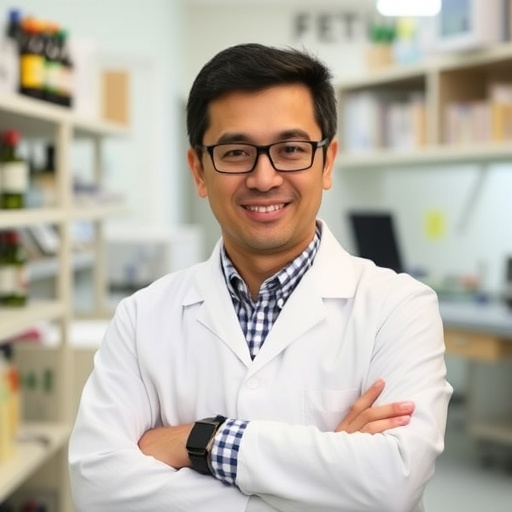In a monumental stride for immunology and medical science, Shimon Sakaguchi, former assistant professor at Scripps Research, has been honored with the 2025 Nobel Prize in Physiology or Medicine. This esteemed recognition applauds Sakaguchi’s pioneering elucidation of peripheral immune tolerance, a vital immunological mechanism pivotal in preventing autoimmune diseases and explicating the multifaceted ways cancer evades immune surveillance. This groundbreaking discovery is not merely a triumph of basic science but holds profound therapeutic ramifications poised to transform clinical approaches to both autoimmune disorders and oncology.
The award is shared with Mary E. Brunkow of the Institute for Systems Biology and Fred Ramsdell of Sonoma Biotherapeutics, reflecting a collective advancement in our comprehension of immune regulation’s intricate landscape. Their joint contributions have significantly expanded the scientific community’s insight into how immune system homeostasis is maintained, highlighting the complex interplay between immune activation and suppression that safeguards the organism from self-directed damage while mounting effective defenses against pathogens and malignancies.
Sakaguchi’s critical breakthrough came in 1995 during his tenure at the Aichi Cancer Center Research Institute in Japan, shortly after his academic stint at Scripps Research from 1989 to 1991. At a time when prevailing immunological dogma posited that central tolerance was primarily enforced via deletion of autoreactive T cells in the thymus, Sakaguchi challenged this concept by identifying a novel subset of T cells characterized by the constitutive expression of the CD25 surface marker. These regulatory T cells, or Tregs, unveiled a previously unknown dimension of immune regulation operating in the periphery, distinct from central deletion processes.
The experimental foundation of this insight involved elegant mouse models genetically deficient in T cells, into which Sakaguchi reintroduced CD4+ T cells either inclusive or depleted of CD25+ populations. Remarkably, the absence of CD25+ T cells precipitated the onset of severe autoimmune pathology, whereas their presence conferred protection, conclusively demonstrating the critical role of Tregs in maintaining immune equilibrium. This functional demonstration elucidated how Tregs act centrally as “immune checkpoints,” preventing autoreactive effector cells from mounting deleterious attacks on self-antigens.
Sakaguchi’s work revolutionized understanding of the immune system’s checks and balances by showing that immune tolerance is an active, dynamic process. Tregs actively surveil and suppress the activation and
Tags: autoimmune disease preventionbasic science and clinical transformationcancer immune evasion mechanismscollaborative scientific advancementsFred Ramsdell biotherapeuticsimmune activation and suppression dynamicsimmune system homeostasis researchMary E. Brunkow contributionsNobel Prize in Physiology 2025peripheral immune tolerance discoveryShimon Sakaguchi immunology breakthroughtherapeutic implications of immunology





